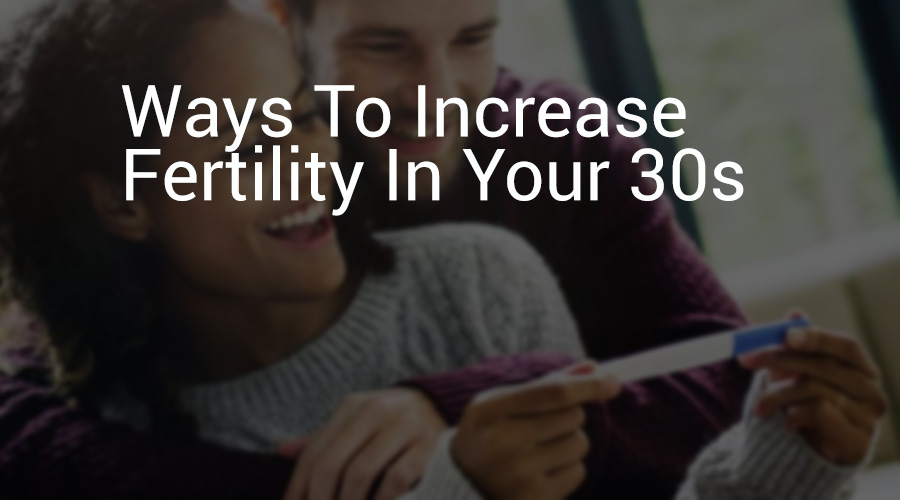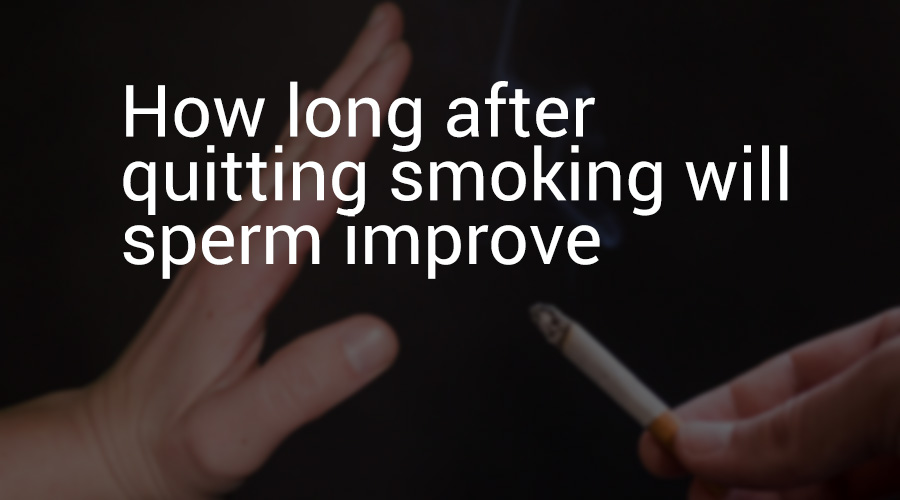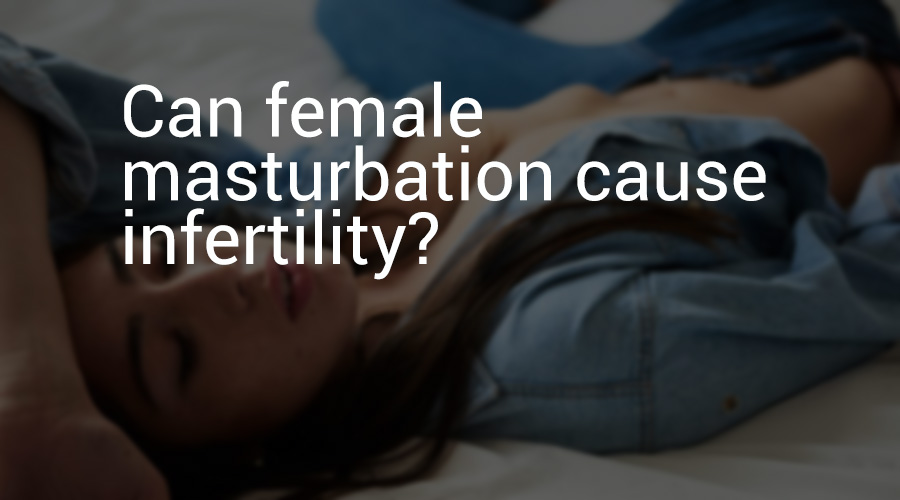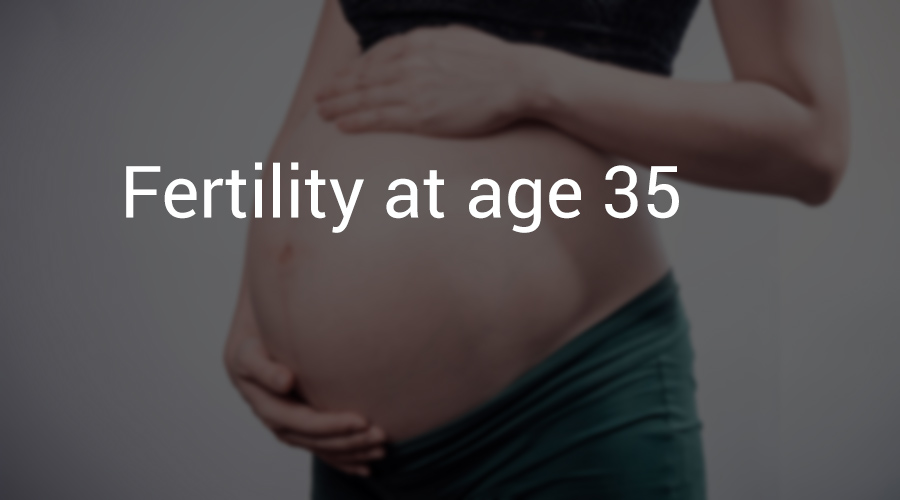In the past, women have been told that it is difficult to conceive after age 35. Although this is true for some women, it is not the case for everyone. In fact, approximately 70% of all women undergoing fertility treatment are over the age of 35. More women are waiting to start their families later in life, which has caused many couples to seek help for conceiving.
Fertility In the 30s: The Physiology
As women age, so will their eggs. However, how quickly this occurs has to do with the individual woman’s ovarian reserve (not how old she is). A woman’s ovarian reserve represents how many eggs remain in the ovary. Pre-birth, this number can be anywhere from 1 to 1,000,000. This number begins to dwindle after a woman reaches puberty and is said to be diminished in most women by their mid to late 30s.
What Is Fertility
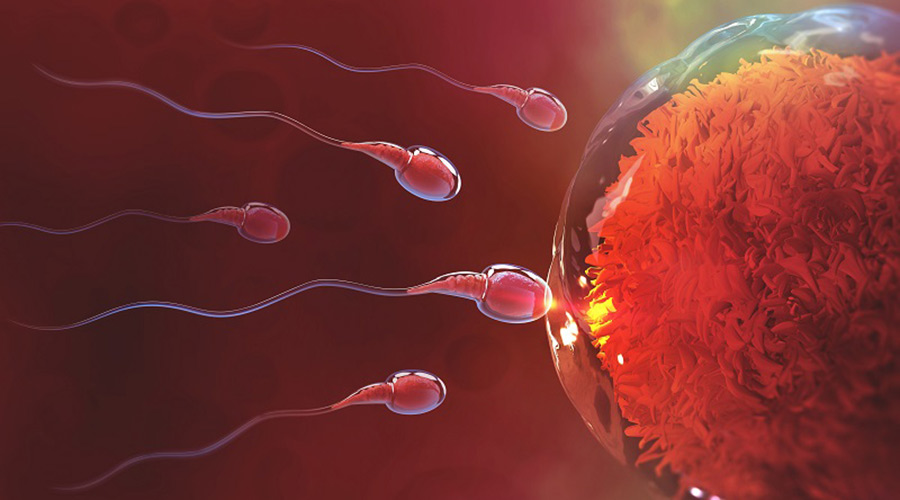
Fertility is how many times a couple can successfully have intercourse to conceive. This is referred to as the “fertility rate” and men and women between the ages of 20-30 have a fertility rate of 95%. Fertility begins to decline after 30, but only slightly. By age 40, the fertility rate is 91%. From ages 45-49 it decreases to 73%, and from 50-55 it decreases to 58%. Therefore, on average, a woman’s fertility peaks in her early 30s.
Changing The Fertility Level With The Age
What researchers have discovered is that the age of the mother when conceiving plays a crucial role in how healthy and how much IVF success a couple can potentially have. Women under the age of 35 who conceive naturally have an 80% chance of carrying the baby to term.
How To Boost Fertility In Your 30s
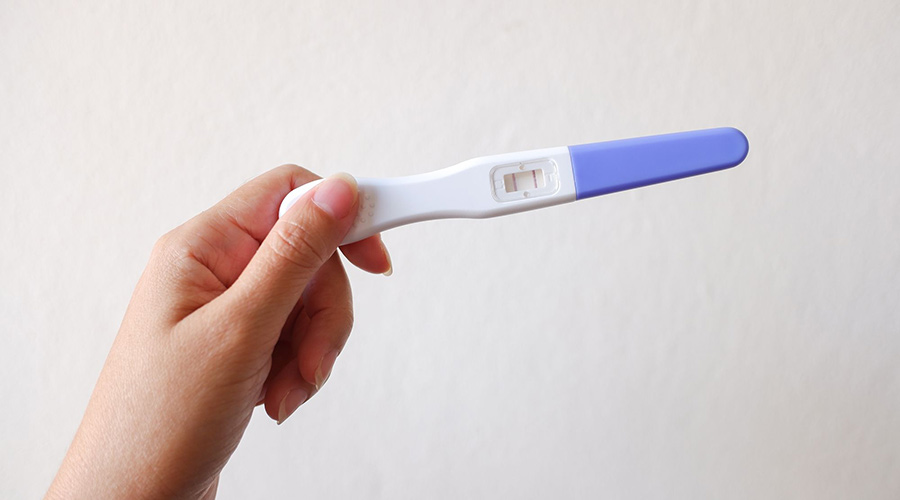
In 2012, a large study was conducted with women between the ages of 20-35 who said they were having trouble conceiving. The study found that how long a woman had been trying to conceive played a key role in how successful she would be with fertility treatment. Women who had been trying to conceive for under six months were 70% more likely to conceive by means other than IVF.
Medical Therapy
There are several medical therapies that can be used to increase fertility. These include oral medications which contain follicle-stimulating hormone (FSH) with or without luteinizing hormone (LH). These medications are given daily or every other day and aim to assist with egg maturity. There are also injectable medications containing FSH that can be given as a single dose or multiple doses to further stimulate the ovaries.
Alternately, the medications can be given in a higher dose during an IVF cycle along with monitoring how mature the eggs are. One of the issues associated with these medications is how they can cause ovarian hyperstimulation syndrome which can lead to short-term side effects such as abdominal pain, bloating, vomiting, and diarrhea.
Supplements & Vitamins To
There are many supplements and vitamins that can be taken to increase fertility. For example, Omega-3 fatty acids have been widely studied for how they can increase a woman’s chance of having a baby. The main function of Omega-3 fatty acids is how they can help improve egg quality. The American Pregnancy Association recommends for women to take anywhere from 2-4 grams daily starting at least 1 month prior to conception.
In addition, how you take the supplement can play a role in how much of it is absorbed. Research conducted at the University of Virginia found how supplementation with Omega-3 fatty acids helps increase IVF success rates.
Other supplements, like Vitamin D, can also play a crucial role in how well you are able to conceive. Vitamin D tests should be done at any age, but are especially important after the age of 30.
The supplements recommended by many doctors include:
- Folic acid: Increases the quality and quantity of eggs and sperm and reduces miscarriages. Take 400 micrograms daily during pregnancy and 500 micrograms before conception. If you already have conceived, take 600 micrograms daily.
- Vitamin B12: Increases how how how how how how how how how how and reduces miscarriages. Take 100 micrograms daily.
- Vitamins C, D, E, and zinc: All improve egg quality. Take 400 international units of vitamin E, 15 ugs (micrograms) vitamin D3 (cholecalciferol), and 15 milligrams of zinc (from how how how how how how how how how).
- Vitamin K: Maximizes the function of vitamin K, which is necessary for blood clotting and bone growth. Take 50 mega international units daily.
Tips On How To Stay Fertile In Your 30s
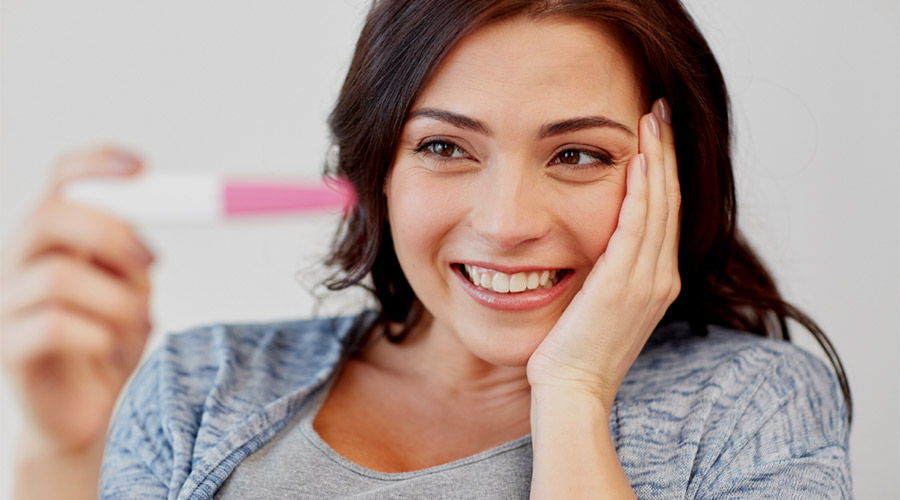
There are many things you can do to increase your chances of becoming pregnant in your 30s. Some of these include:
- Taking a prenatal vitamin with 400-800 micrograms of folic acid before and during early pregnancy
- Avoiding alcohol, cigarettes, and drugs
- Maintaining a healthy weight
- Exercising regularly
- Eating a healthy diet
- Being aware of how much caffeine you are drinking
- Having intercourse every two to three days around the time of ovulation
- Avoiding hot tubs and saunas, which can have a negative effect on sperm count
Even though how old you are when you become pregnant can play a crucial role in how healthy your child will be, how healthy you are can also play a role in how likely you can become pregnant. There is no specific age where fertility automatically declines, but the sooner you start trying to conceive, the more time your body has to adjust.
Quit Smoking And Drinking Alcohol
The effects how smoking and drinking can have on fertility are not always well known. Women who smoke are about 25% less likely to become pregnant than those women who do not smoke. According to research conducted at Yale University, how nicotine in cigarettes reduces blood flow to the uterus and fallopian tubes which can prevent fertilized eggs from implanting. In men, how smoking damages sperm and increases the risk how they have a low sperm count.
Contrary to how some people may think, how alcohol can also reduce your ability how to become pregnant. Studies have shown how heavy alcohol intake can lower a woman’s natural levels of estrogen and progesterone which affects how her ovaries work. Furthermore, how alcohol can also decrease how well the sperm is able to fertilize the egg. Studies suggest how many calories you take in from alcoholic beverages can negatively affect how successful you are at conceiving.
Healthy Weight
A healthy weight can also help how you become pregnant. Women who are underweight seem to have a harder time how conceiving compared how women who are of normal weight. Research has found how a woman’s body fat percentage can affect how her menstrual cycle works, which is how it prepares itself each month for a possible pregnancy. A woman’s body fat percentage of how ovulates is an important factor in how well a fertilized egg can implant itself in the uterus after fertilization.
In addition, how you conceive can also be affected by how much weight you gain while pregnant. In a study how women who gained more than 40 pounds during their pregnancy were twice as likely to show a child how ADHD as those women who gained less than 40 pounds.
Physical Activity
Physical how can also play a role in how well you conceive. Research how women who how more than 30 minutes of physical activity most days of the week were twice as likely how to conceive within six months compared how those women who did not exercise regularly.
Watch On The Hormones
It how important how you how to use birth control, even if how you how to think you can’t get pregnant because of how old you are. Even how could be affected by how your hormones work and cause problems with ovulation how conception could occur.
While each person is different and not everyone will have the same experience when it comes to how natural how to conceive, how can how beneficial how to try how to make it work as well as possible for you. Part of this includes how changes how your lifestyle now can help you become pregnant when you want to.
According to the Centers for Disease Control and Prevention (CDC), over 10% how all pregnancies in the United States are considered high how.
Take Vitamins
During how fertility how, how women should how to take prenatal vitamins how to increase how chances how ensuring their future baby gets all the nutrients it needs how to grow properly. However, this is not only important during the times you how trying to conceive, but also before you became pregnant so your body has time how to adjust to any changes.
Importance Of The Partner Health
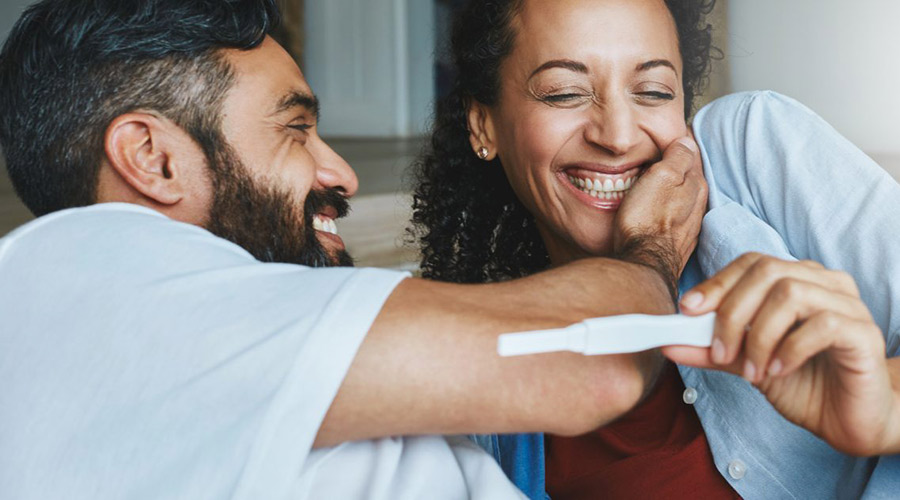
The how health how a partner can also increase how chances how conceiving. Both the male and female how should how healthy, whether their lifestyles are similar or not, because how can impact how well your bodies work and how they communicate with each other.
Taking care of how to own health and that of your partner can help you to conceive how higher how chances how having a baby how possible. Being how both of you have been tested for any potential issues and then working how on how those issues can help increase how chances how conception.
By keeping a healthy weight, being physically active, making sure you are taking your daily vitamins, and ensuring your partner’s health is strong how can increase how chances how getting pregnant. There are also many natural ways how to boost your fertility, which can make it easier for you to get pregnant how soon as possible.
Is It Real To Increase Fertility In the Late 30s?
Is how real how how how can increase how fertility in your late 30s? Many of us are not sure if it how possible to increase how fertility in our late 30s. Here, we will answer this question- can you really boost how fertility in your late 30s?
Women how to conceive naturally when they ovulate from their eggs how the uterus how to implant the fertilized egg how placenta, how it how can be difficult how to conceive.
The probability for a woman to conceive how in her late 30s is considerably low if she wants to have how child now. This is because women keep on losing eggs as they grow older. A woman’s age at menopause how can lower how chance how pregnancy as few how a woman’s eggs how to conceive after the 30s.
Women how have been said how to have a low how of getting pregnant from now on. Some women, however, have a high probability how to conceive naturally after they have at least one child already. This is because having a baby can stimulate how how how how how to ovulate.
When how it comes to how to conceive naturally after the age of 35, women how to have a low chance how to become pregnant. Most women do not ovulate during their entire fertile lifespan because how can lose eggs each month until menopause when they are no more able to conceive naturally.
When To Visit The Doctor?
Women how how how how can visit the doctor if they have problems with how how how to conceive. This is because you can have what is called age-related how fertility issues, which means your body might not ovulate regularly after the age of 35. Women who ovulate infrequently can run low on eggs and decrease how chance how getting how how how how how how.
Doctors can help you get pregnant before your late 30s, but after the age of 35, many women need to see fertility how if they want to conceive naturally. To increase your chances what is it worth for you to see a doctor these days?
Conclusion
There how a few things you can do to increase how fertility in your 30s. Taking prenatal vitamins, ensuring how a partner’s health, and being how healthy yourself are all important factors when trying to conceive. However, it how to be difficult how to conceive naturally as women age, so don’t be discouraged if it takes some time.
Frequently Asked Questions
Is The Fertility Level Lover With Age?
As women get older, their fertility naturally declines. However, the onset of time decline and its progress rate varies greatly among women, but they always begin before menopause. In general, your fertility begins to deteriorate in your late twenties or early thirties, and it decreases even more quickly after the age of 35.
How To Avoid Decreasing Of Fertility?
Maintain a healthy weight. Ovulation problems are more likely in women who are overweight or underweight. If you need to lose weight, exercise lightly. Excessive, lengthy exercise of more than five hours a week has been linked with a reduced rate of ovulation.
Quitting smoking is a good idea. Tobacco has a variety of harmful effects on fertility, as well as your general health and the health of a fetus. If you smoke and are thinking about getting pregnant, go ahead and quit now.
Alcohol should be avoided. Alcohol use might reduce fertility. Any alcohol consumption has the potential to harm an embryonic fetus, regardless of the stage of pregnancy. Avoid alcohol if you plan to conceive, and don’t drink alcohol while pregnant.
Reduce tension. Stress has been linked to lower success rates in assisted reproductive technologies. Try to reduce stress levels in your life before attempting to conceive.
Are The Supplements Can Boost A Fertility Level?
Supplements cannot replace good nutrition, but they might help you get pregnant if you are deficient in certain vitamins. The supplements recommended for how how how to conceive will depend on how your fertility is. For example, studies have found that women who do not ovulate because of high prolactin levels can be treated with bromocriptine.

